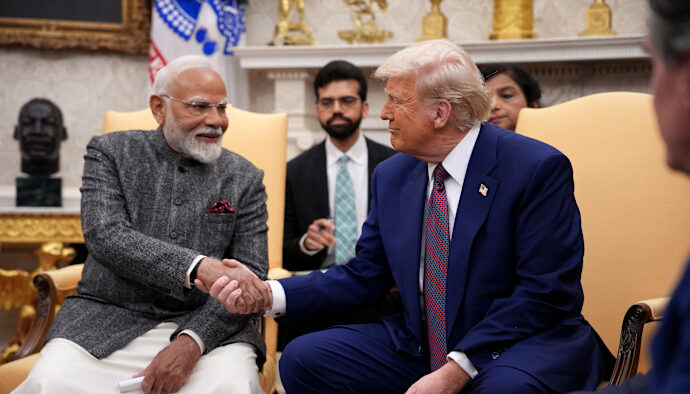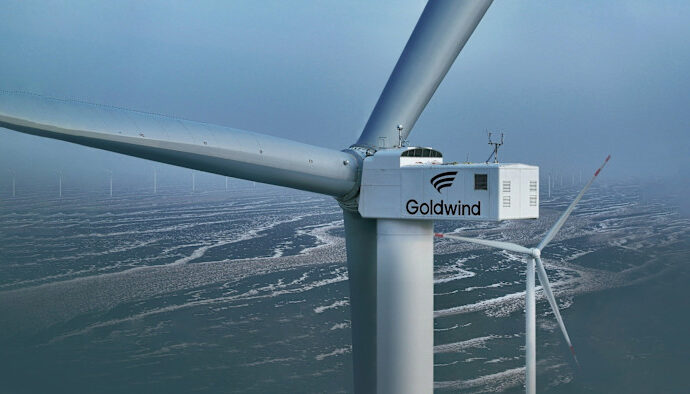Unlock the Editor’s Digest for free
Roula Khalaf, Editor of the FT, selects her favourite stories in this weekly newsletter.
The Trump administration has raised concerns with the UK government over plans by one of China’s largest wind turbine makers to supply North Sea wind farms from a new factory in Scotland.
A US official told the Financial Times that Washington had warned London about what it argues are national security risks attached to allowing Mingyang to build a plant in the UK.
The US intervention comes as British ministers review whether they should block the factory, amid questions raised by politicians over cyber security and the danger of being over reliant on Chinese technology.
Guangdong-based Mingyang is not state owned, but critics argue there is a risk of interference from Beijing in its decision making.
The UK government has become more cautious about Mingyang’s potential involvement in British offshore wind following a row with an unconnected Chinese company, Jingye Group, which owns a critical steelworks in north-east England, British officials said.
A person familiar with London’s process over Mingyang’s possible involvement in UK wind supply chains added it was an “ongoing discussion” and that there were mixed views about whether or not to block the company. Ministers can block investment into the UK under the National Security and Investment Act.
The American warning is the latest example of Washington voicing concern about Chinese activities in the UK as Sir Keir Starmer’s Labour government has sought to revitalise relations between London and Beijing.
The White House has also warned Downing Street about allowing Beijing to build a new embassy in London.
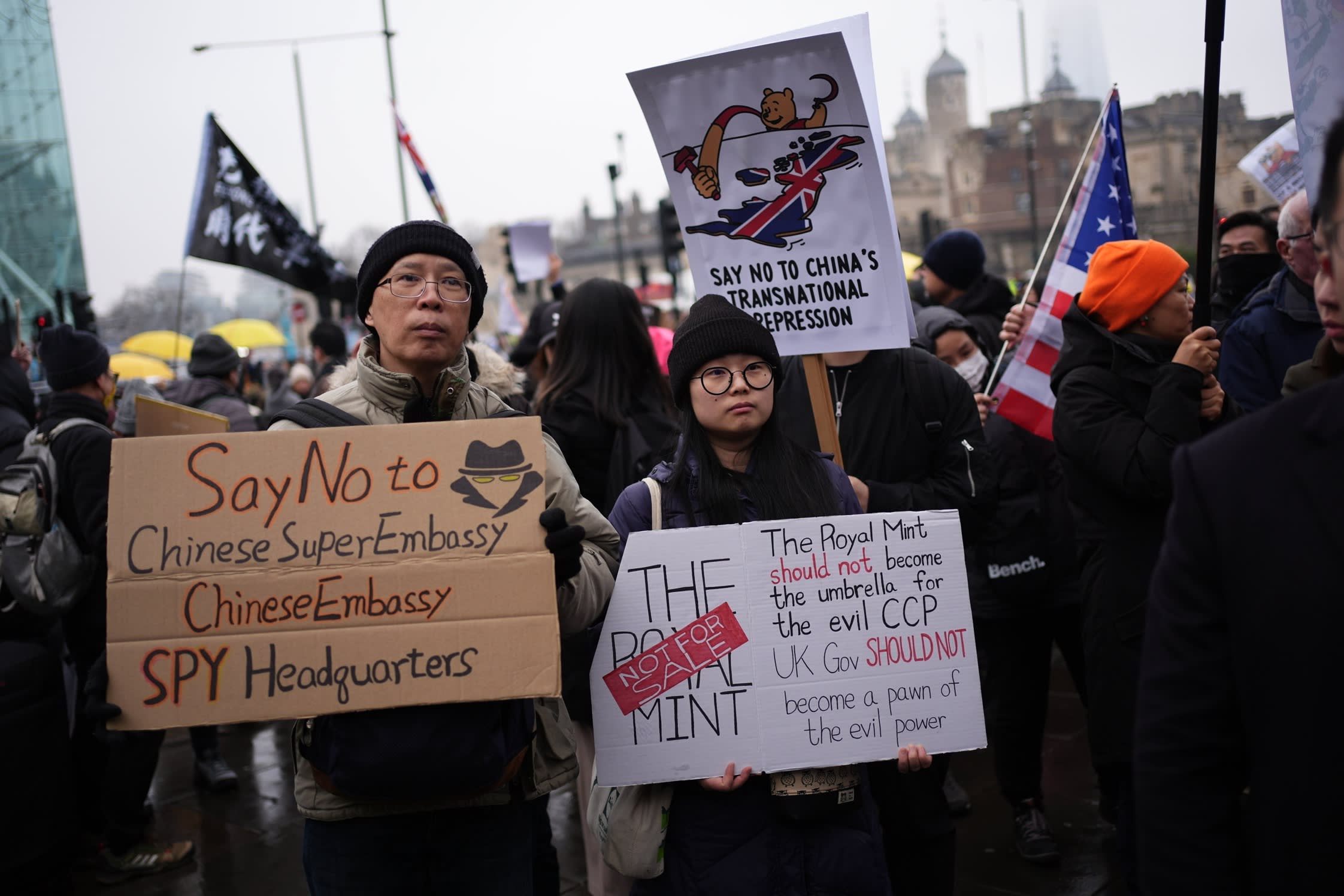
In the US, security officials have in recent years warned about the risk that Chinese wind turbines will house electronic surveillance technology, a particular worry when they are located close to military bases.
The US official said Washington had also raised concerns with Berlin about allowing Chinese wind turbine companies to operate in Germany. Mingyang has won a contract to be the preferential supplier for a German offshore wind power project in the North Sea. But parts of the German government have raised concerns about national security and unfair Chinese competition.
The US intervention in the UK highlights the difficult balancing act for Britain as it pursues clean energy goals at the same time as managing relations with Donald Trump as he takes a tougher stance with American allies on everything from trade to defence spending.
Mingyang has not historically made wind turbines for the UK market but is in talks with developers Flotation Energy and Vårgrønn to supply floating offshore wind turbines for a North Sea project called Green Volt, as well as a separate project being developed by Cerulean Winds. It also has a preferred supplier agreement with Swedish developer Hexicon for a floating offshore wind project in the Celtic Sea.
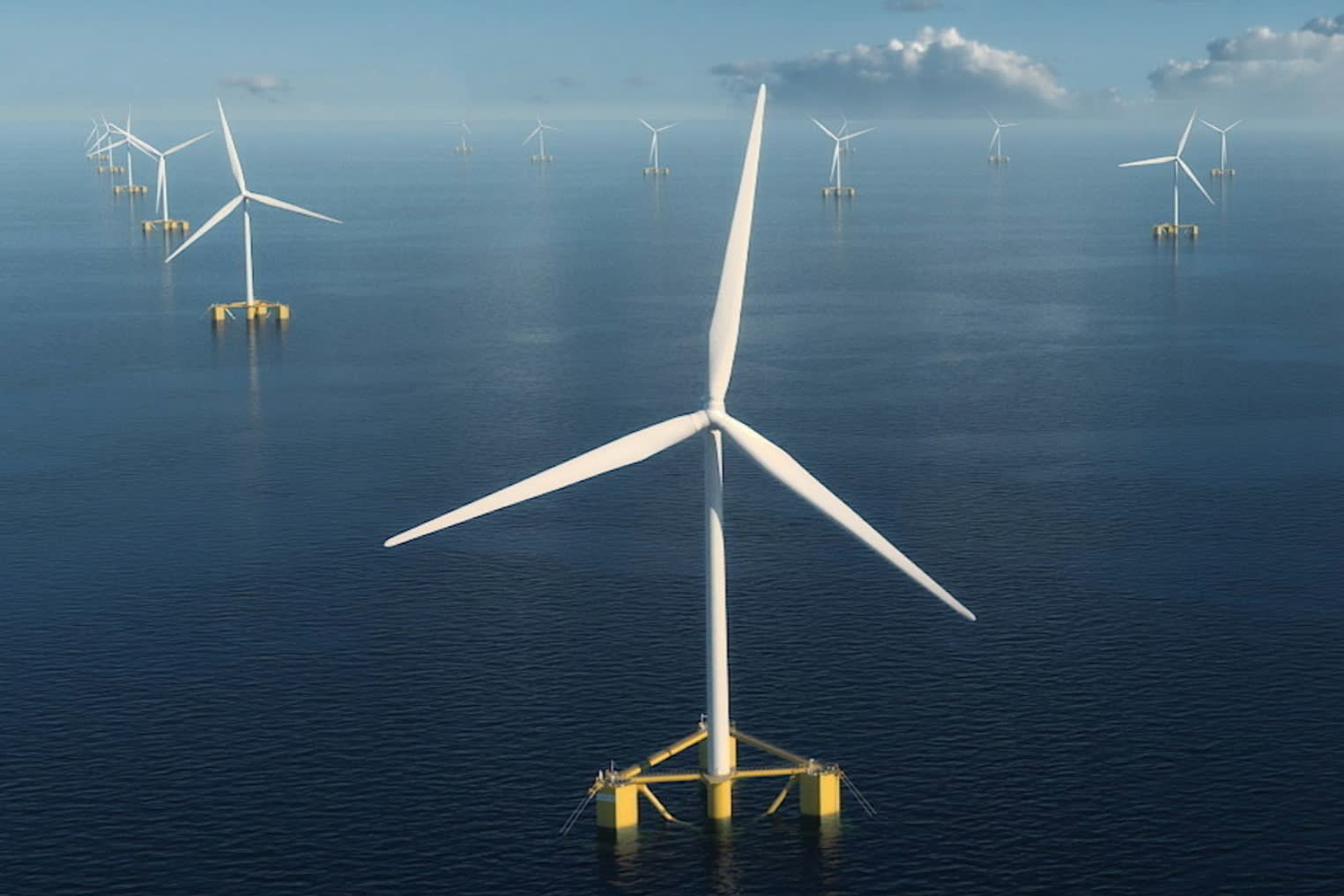
Supporters of Mingyang’s plans say the Chinese company’s turbines will enable the UK government’s ambitions to build floating wind farms. A factory in Scotland would also help create jobs, they argue.
But opponents believe the UK risks becoming dependent on Chinese technology when it could instead encourage European turbine makers, and have raised security fears over Chinese suppliers operating in UK waters.
“If Chinese-manufactured turbines are installed, security experts have warned that sensors could spy on British seas, defence submarine programmes and the layout of our energy infrastructure,” Tory shadow secretary of state for Scotland Andrew Bowie told the House of Commons in February.
Supporters argue any risks can be regulated for and managed, and question whether it is appropriate for the US government to intervene. “America isn’t investing in its supply chain; why are they now interfering in other people’s options?” said one wind industry source. “It’s important for government and industry to push back and say, this is none of your business.”
Britain’s security services have been feeding into a review of China’s role in the UK energy system, the Financial Times reported in February.
Scotland’s deputy first minister, Kate Forbes, has previously indicated the Scottish government is open to Mingyang’s factory, telling the FT in November last year there was “room” for the company.
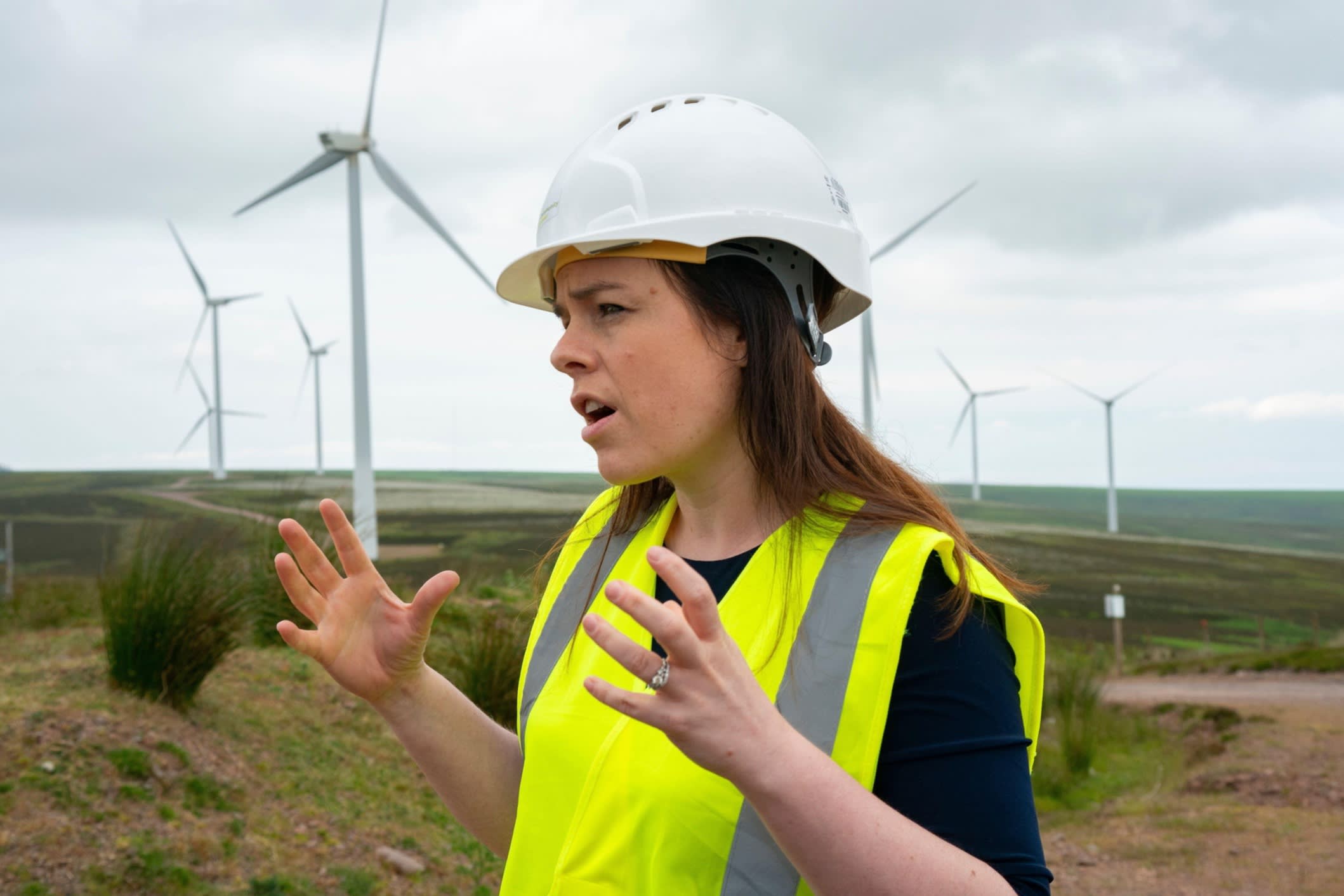
The Scottish government is waiting for clarification about the security implications — a matter reserved to Westminster under Britain’s system of devolved regional governments.
Blocking Mingyang would risk antagonising Beijing at a time when Britain is courting Chinese investment and co-operation on net zero.
Ed Miliband, the energy secretary, travelled to Beijing in March for the UK’s first formal climate talks with the country since 2017.
Since then the row with Jingye over the British Steel works in Scunthorpe has fed into concern about foreign control of key assets. Ministers used emergency powers to seize control of the site to prevent Jingye from closing the blast furnaces.
A UK government spokesperson declined to comment on the Mingyang case but said the UK would “never let anything get in the way of our national security” and added that “investment in the energy sector is subject to the highest levels of national security scrutiny”.
A spokesperson for the Green Volt project said: “We welcome all inward investment in offshore wind to help grow the sector, create jobs and build a thriving supply chain here in the UK.” Mingyang declined to comment.
Additional reporting by George Parker and Simeon Kerr
